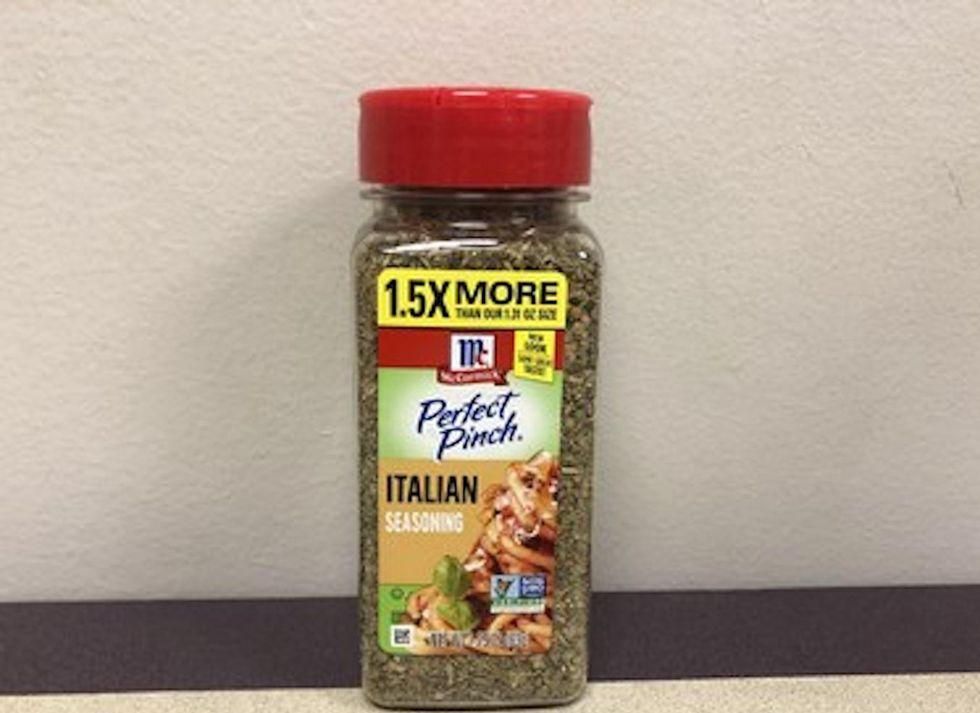
Growing numbers of Americans aren’t getting enough iron in their diets most likely due to changes in farming practices and a shift away from red meat, researchers report. The upshot: Rates of iron-deficiency anemia are on the rise. “Iron deficiency remains a major public health issue even in a developed country such as the United… read on > read on >






























